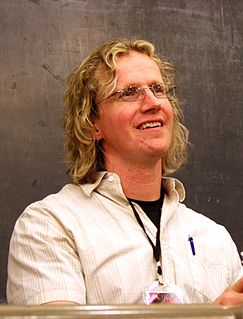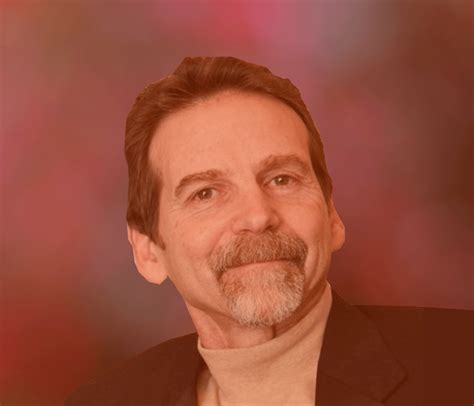A Quote by Warren G. Bennis
Trust resides squarely between faith and doubt.
Related Quotes
Take faith, for example. For many people in our world, the opposite of faith is doubt. The goal, then, within this understanding, is to eliminate doubt. But faith and doubt aren't opposites. Doubt is often a sign that your faith has a pulse, that it's alive and well and exploring and searching. Faith and doubt aren't opposites, they are, it turns out, excellent dance partners.
As soon as we ask what faith is and what sort of mistreatment of faith causes doubt, we are led to the first major misconception about doubt-the idea that doubt is always wrong because it is the opposite of faith and the same thing as unbelief. What this error leads to is a view of faith that is unrealistic and a view of doubt that is unfair.
Out of the element of participation follows the certainty of faith; out of the element of separation follows the doubt in faith. And each is essential for the nature of faith. Sometimes certainty conquers doubt, but it cannot eliminate doubt. The conquered of today may become the conqueror of tomorrow. Sometimes doubt conquers faith, but it still contains faith. Otherwise it would be indifference.
I have no doubt that faith is only pure when it does not negate the faith of another. I have no doubt that evil can be fought and that indifference is no option. I have no doubt that fanaticism is dangerous. And of all the books in the world on life, I have no doubt that the life of one person weighs more than them all.
It is never on account of its formal nature as a psychic act that faith is conceived in Scripture to be saving. It is not, strictly speaking, even faith in Christ that saves, but Christ that saves through faith. The saving power resides exclusively, not in the act of faith or the attitude of faith or nature of faith, but in the object of faith.
For every gain in deep certitude there is a corresponding growth of superficial "doubt." This doubt is by no means opposed to genuine faith, but it mercilessly examines and questions the spurious "faith" of everyday life, the human faith which is nothing but the passive acceptance of conventional opinion.
When the trust is high, you get the trust dividend. Investors invest in brands people trust. Consumers buy more from companies they trust, they spend more with companies they trust, they recommend companies they trust, and they give companies they trust the benefit of the doubt when things go wrong.
Prayer is not a monologue. It speaks to God and to the community. In the last analysis, religion is not what goes on inside a soul. It is what goes on in the world, between people, between us and God. To trap faith in a monologue, and pretend that it resides solely inside the self, undermines the true interchange of all belief.



































